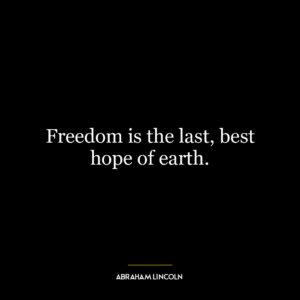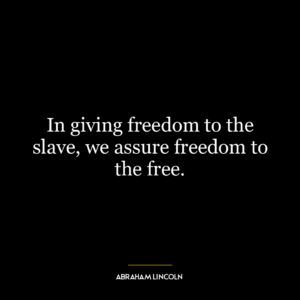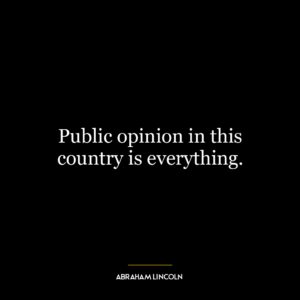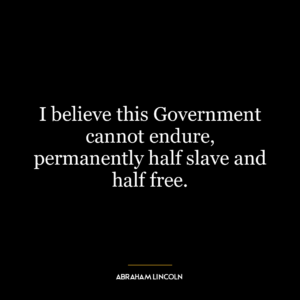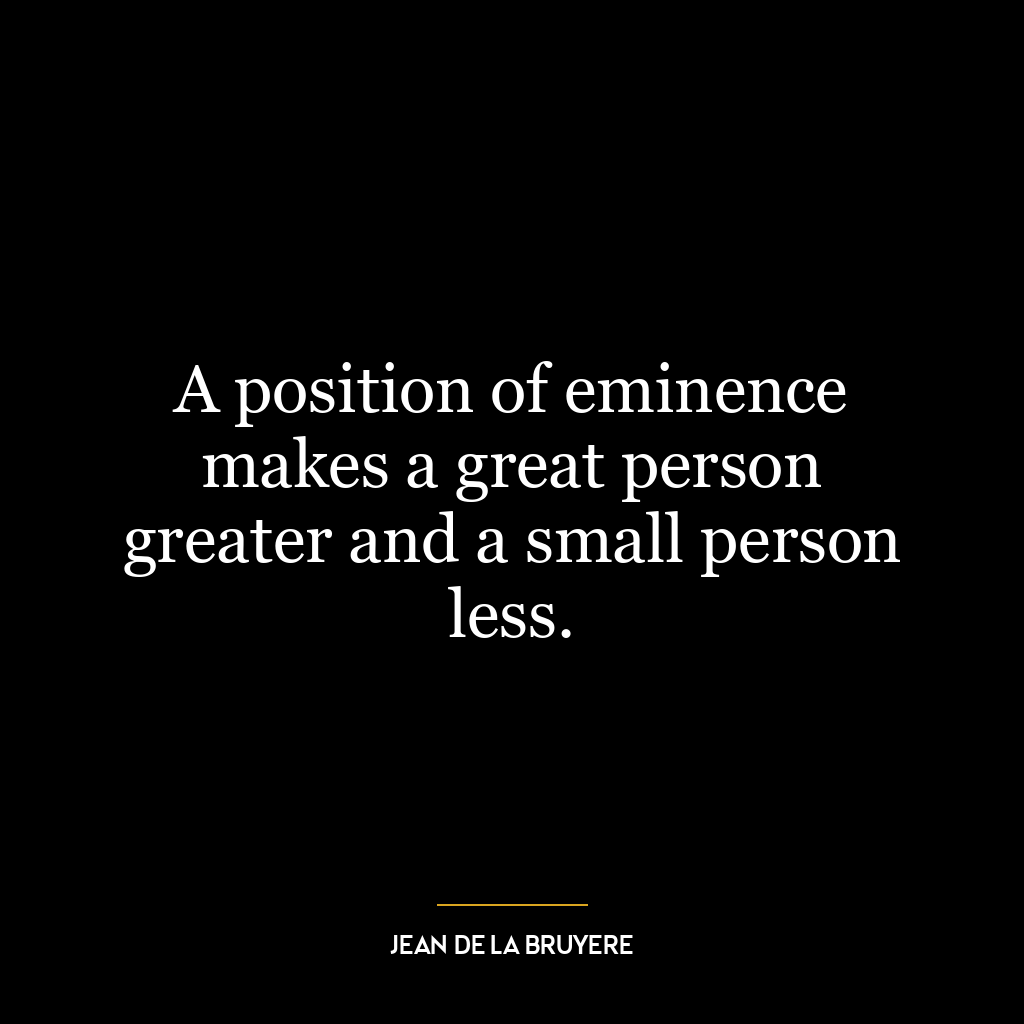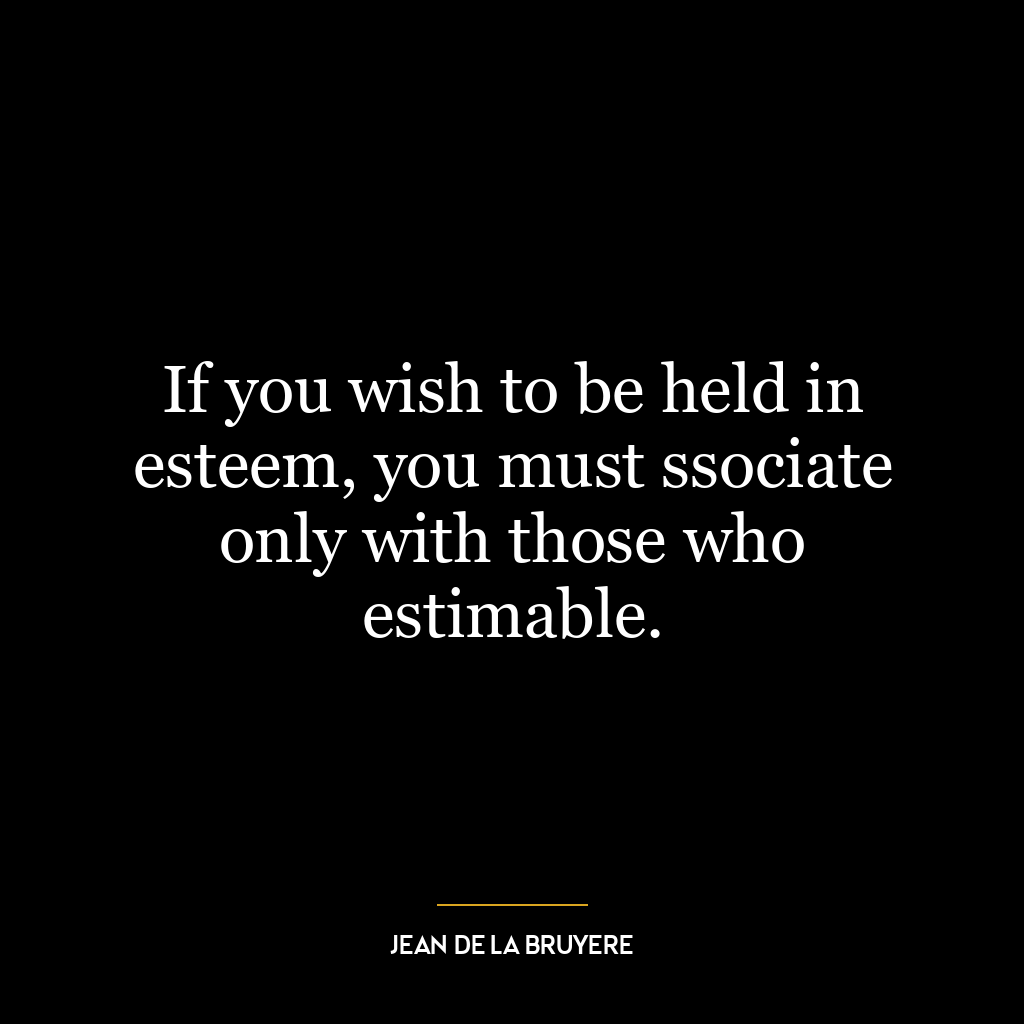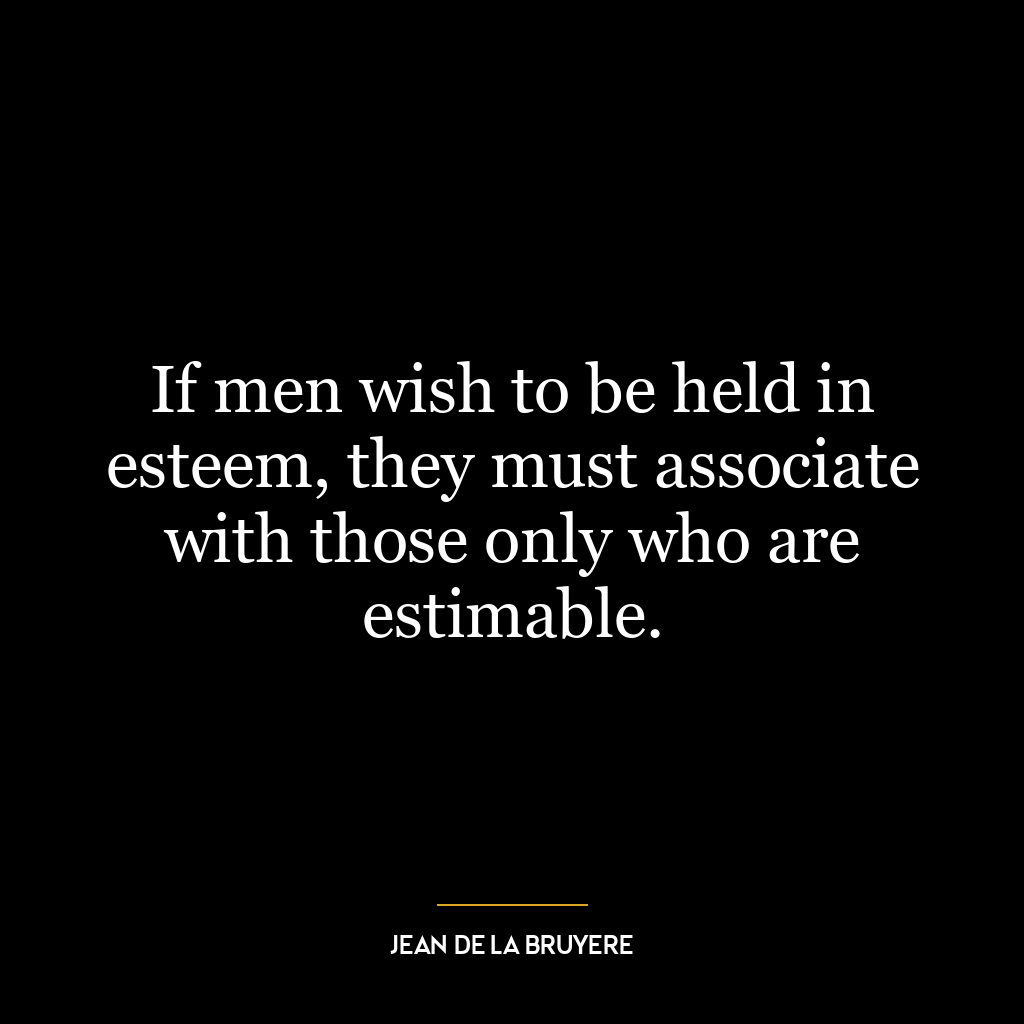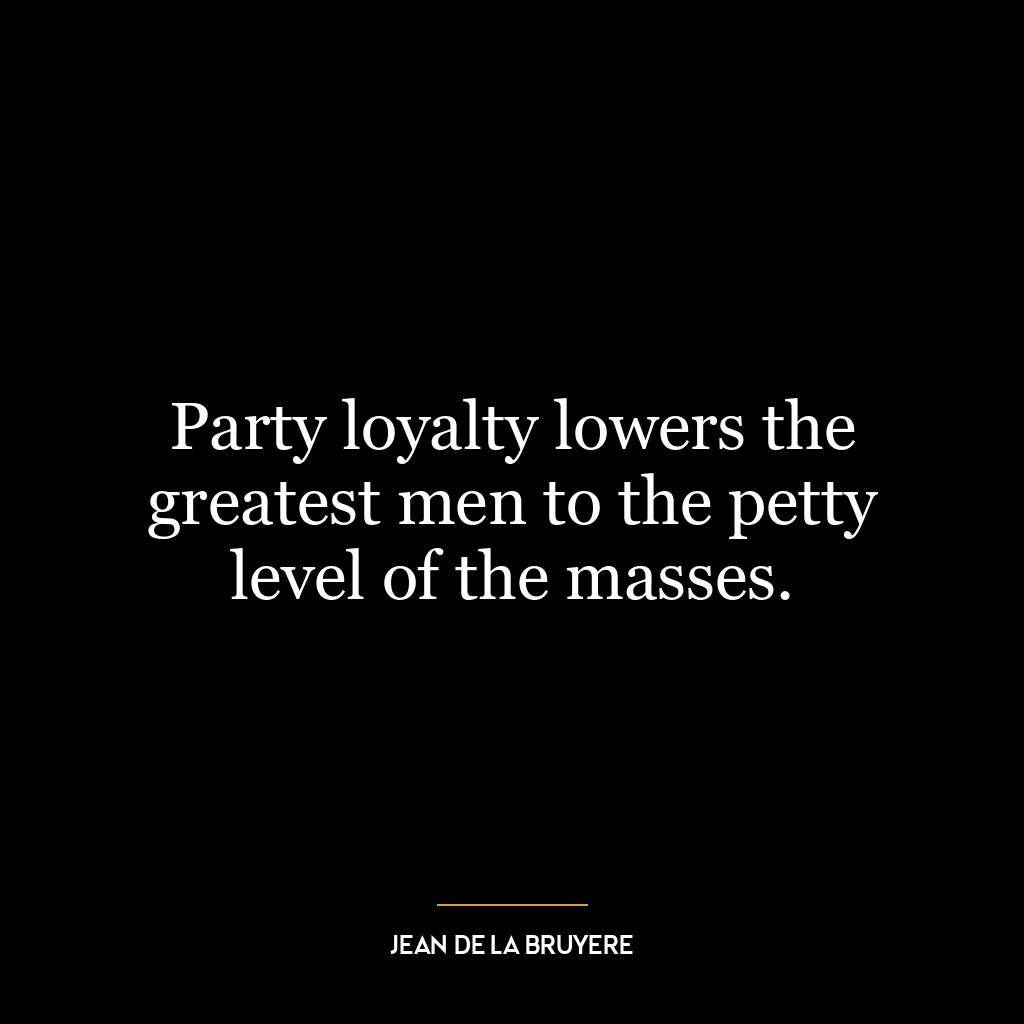I claim not to have controlled events, but confess plainly that events have controlled me.
This quote suggests that instead of shaping the course of events, the speaker has been shaped by them. In other words, instead of being the puppeteer, the speaker has been the puppet. This reflects a sense of humility, acknowledging that despite one’s best efforts, one cannot always control the circumstances. It is a recognition of the power of external forces in shaping our lives and our destinies.
This idea can be seen as a counterpoint to the commonly held belief that we are the masters of our fate. It reminds us that while we can strive to influence our circumstances, we are also at the mercy of events beyond our control. This perspective can help us to be more adaptable and resilient in the face of adversity, as we accept that change is an inevitable part of life.
In the context of personal development, this quote can be interpreted as a call to cultivate a sense of acceptance and adaptability. It encourages us to focus on what we can control – our reactions and attitudes – rather than attempting to control the uncontrollable. It reminds us to stay grounded and realistic in our expectations, and to be prepared for the unexpected.
In today’s world, this quote is particularly relevant in the context of the global challenges we face, such as climate change, political upheaval, and the COVID-19 pandemic. These events have shown us that we are not always in control of our circumstances, but we can control how we respond to them. It encourages us to be proactive in adapting to change, rather than passively waiting for circumstances to improve.
In conclusion, this quote is a powerful reminder of the limits of our control over the external world, and the importance of adaptability and resilience in the face of change. It encourages us to focus on our internal world – our attitudes, reactions, and responses – as the true locus of our control.




